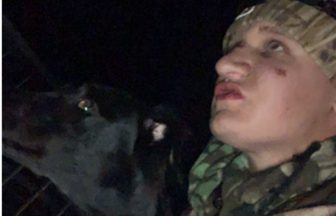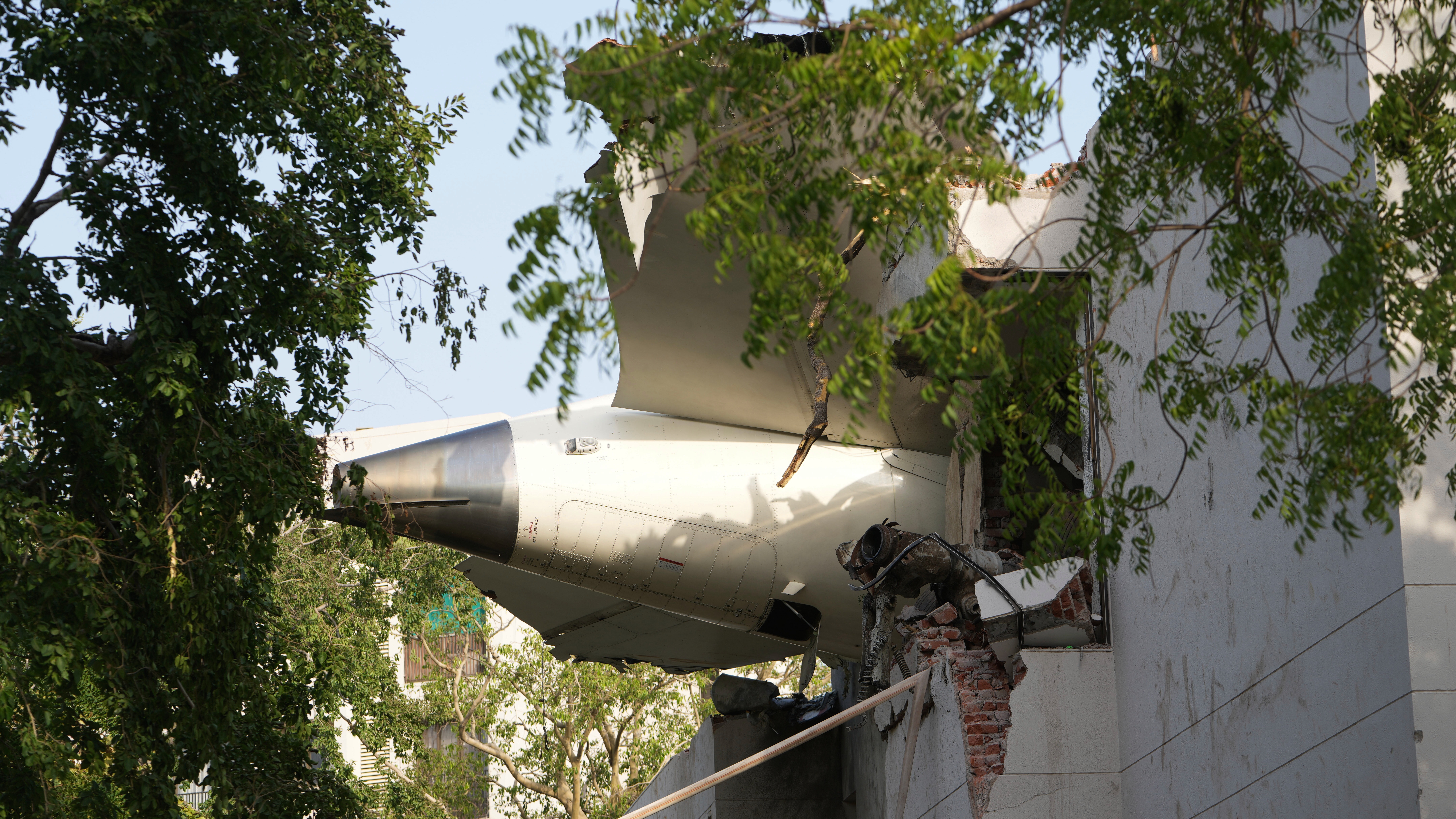A second family of beavers have been moved to a farm in Perthshire.
The family, comprising of five beavers, will add to the five beavers already based there.
They were moved to the Argaty Red Kite centre near Doune by the charity, Beaver Trust.
It is only the second translocation site authorised in Scotland – the first being a trial site in Argyll.
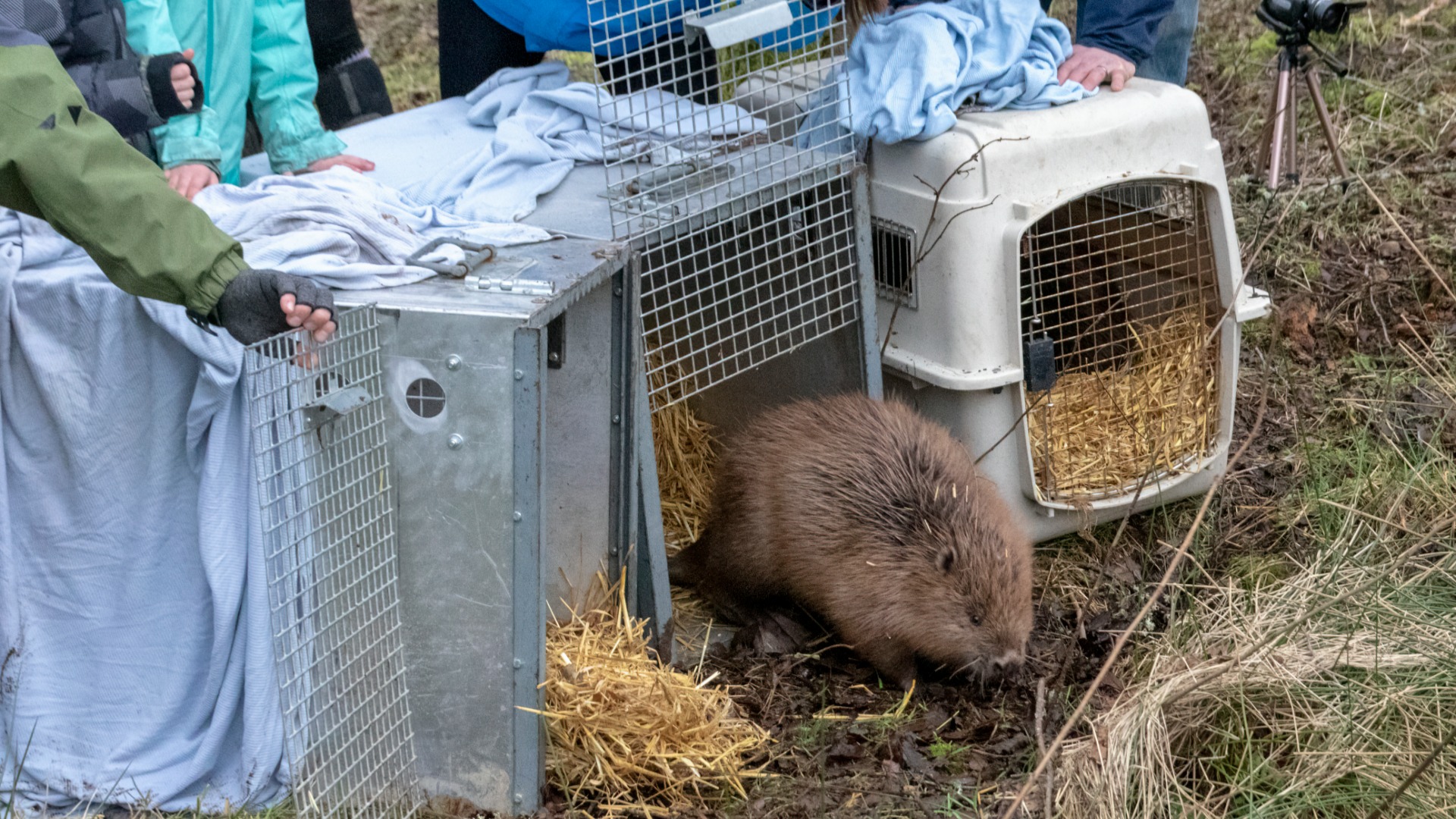 Email
EmailThe beavers were trapped and taken under licence from areas where they were causing serious agricultural damage for farmers and where mitigation measures have not been successful or are not possible.
Tom Bowser, owner of Argaty Red Kites, expressed his excitement at the addition of the beavers.
“We are thrilled to be Scotland’s first private site to legally release beavers into the wild,” he said.
“It will be so exciting to see how they enhance biodiversity on our farm.”
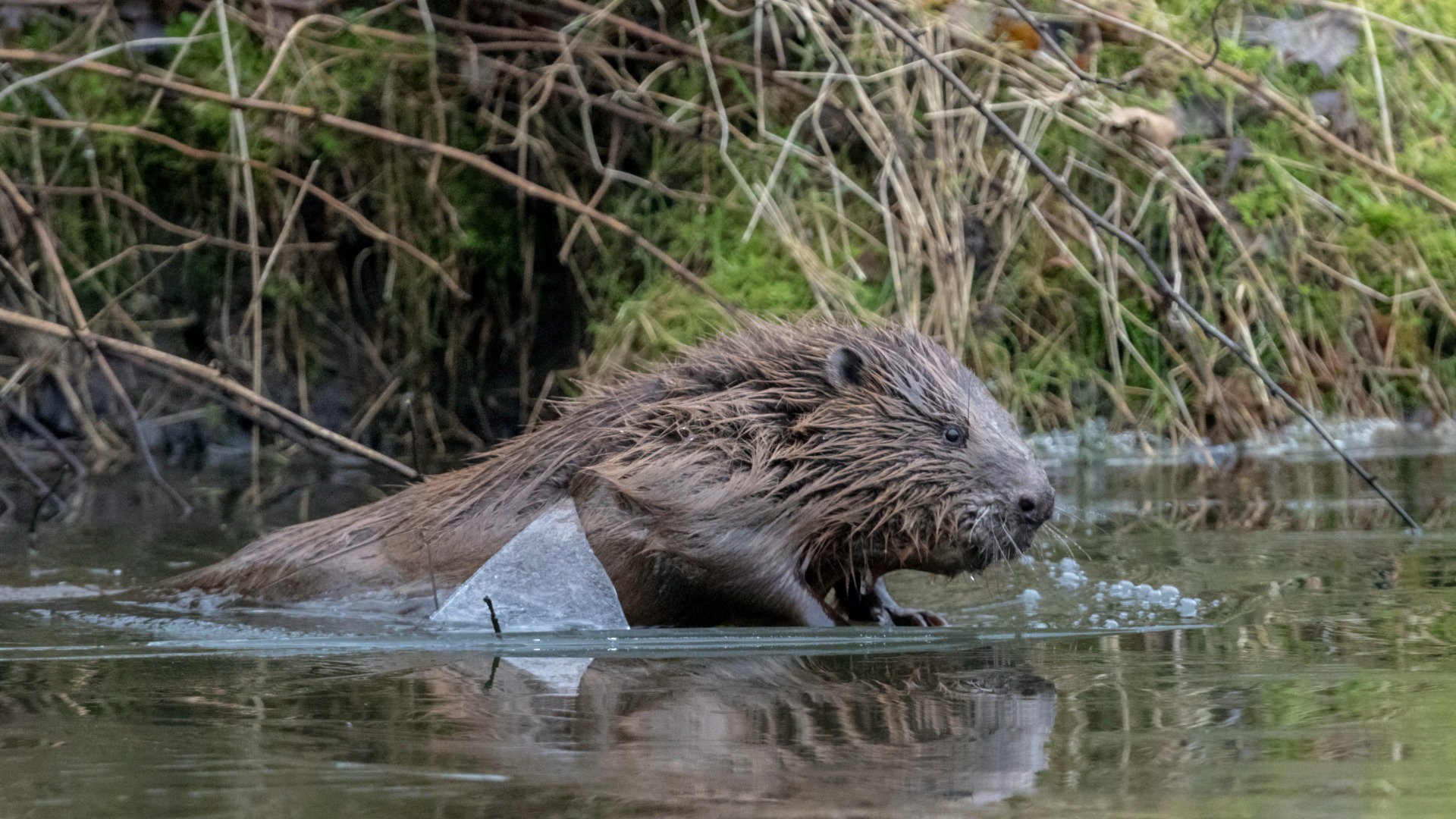 Website
WebsiteDonald Fraser, NatureScot’s head of wildlife management, outlined the benefits brought by beavers in helping to restore biodiversity.
He explained: “Beavers can play an important role in helping to restore biodiversity and respond to the climate emergency in Scotland.
“Projects like this one at Argaty also allow beavers to be trapped and removed from highly productive agricultural land where they are causing damage to farmland and released in an area where nature will benefit and there is less risk to agriculture.”
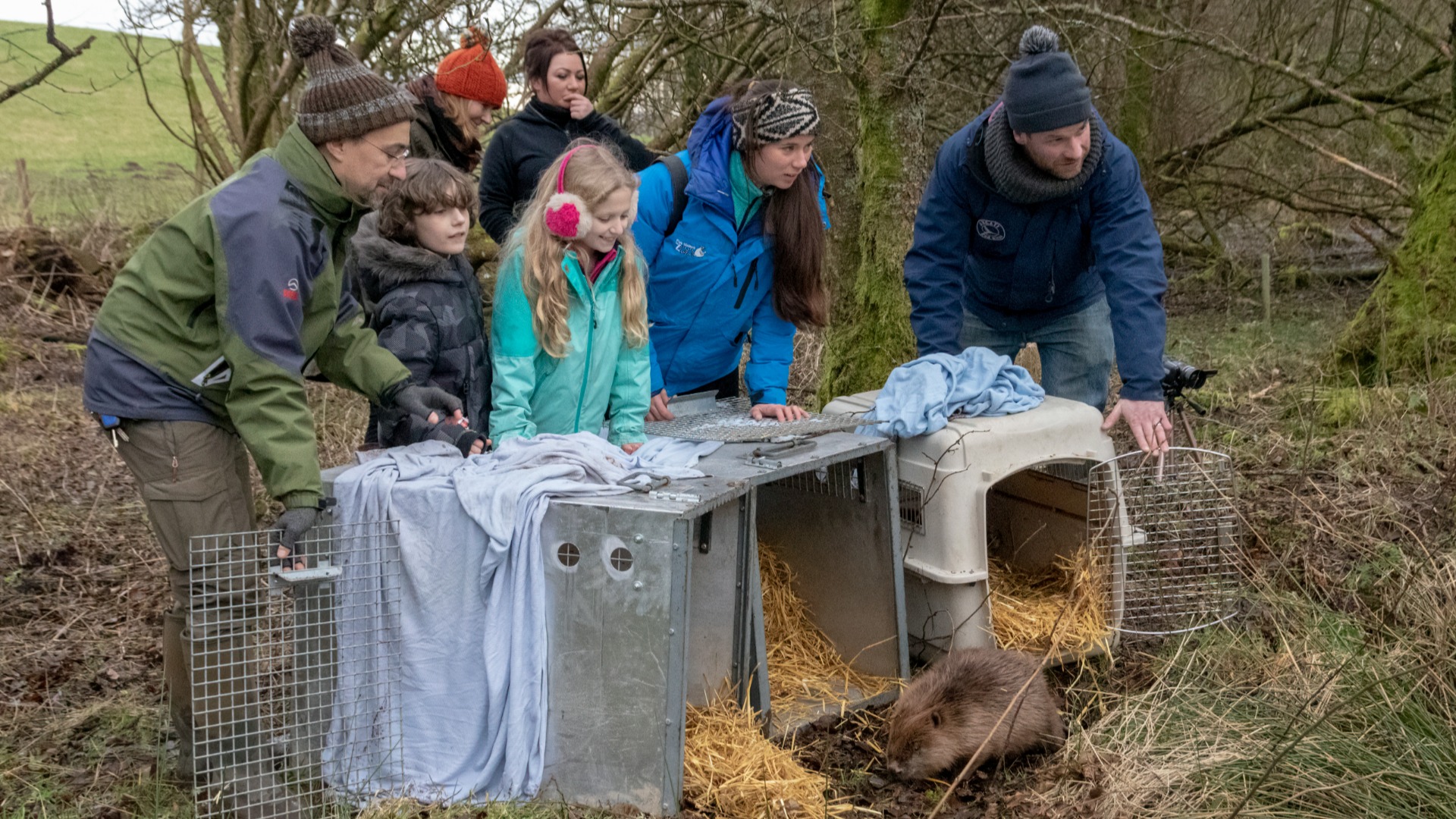 Website
WebsiteRoisin Campbell-Palmer, Beaver Trust spokesperson, pointed to the advantages of being able to release the beavers as a well-bonded family.
She said: “The translocation of this beaver family can be considered a success, with both parents and all seen offspring trapped over a short time frame with full engagement of the landowner, lots of positive familial behaviours observed with all individuals eating well and completing health screening checks.
“Being able to release these beavers as a well-bonded family unit feels like we are giving them the best chance for relocation success and away from prime-agricultural land where they were causing a significant issue.
“We look forward to being able to expand such work in the future.”
Follow STV News on WhatsApp
Scan the QR code on your mobile device for all the latest news from around the country


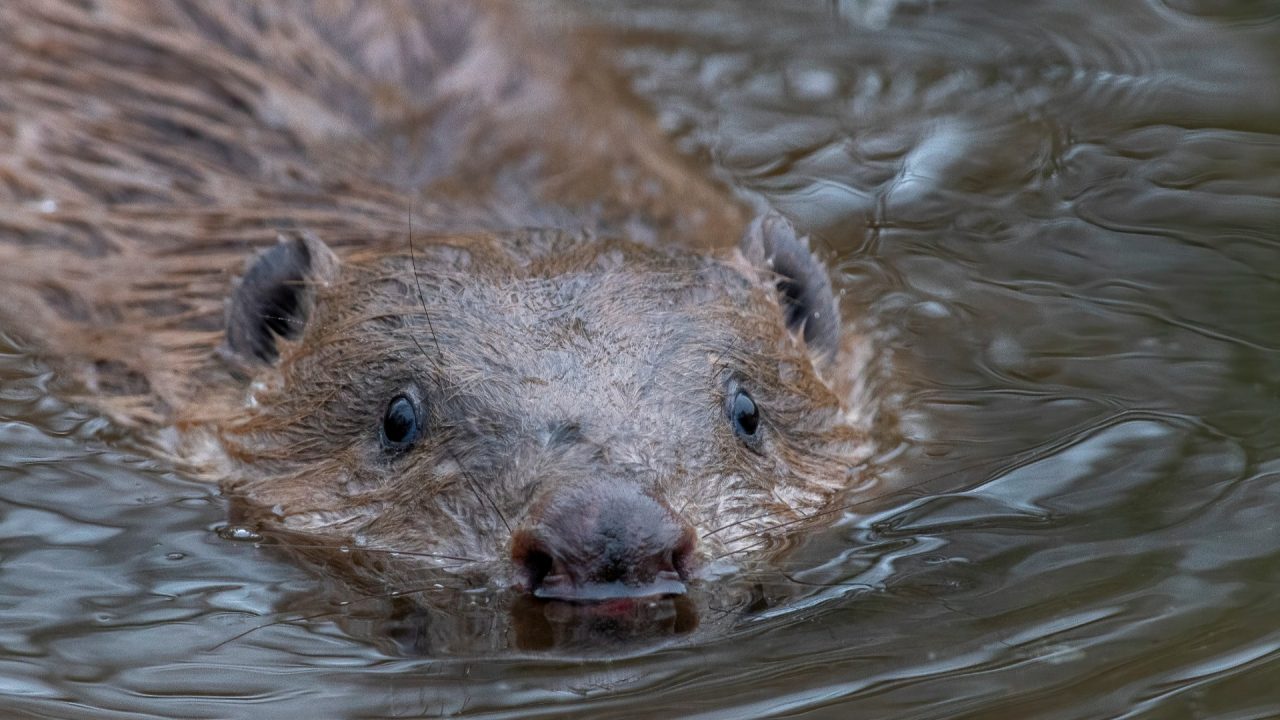 Email
Email
















